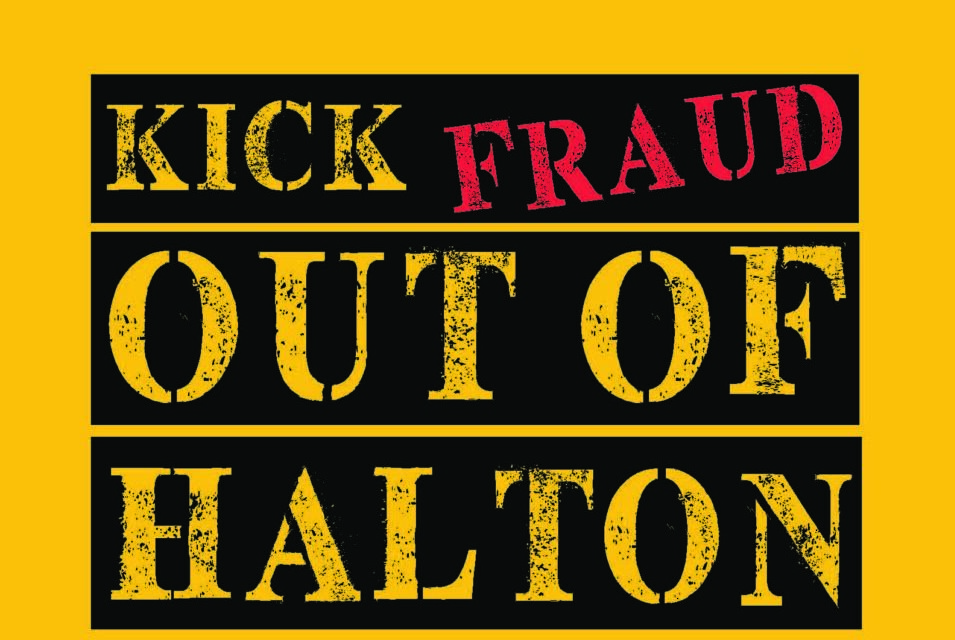This International Fraud Awareness Week (12 – 18 November) residents in Halton are being encouraged to join the Council in its fight against fraud.
As part of International Fraud Awareness Week, the Council is highlighting different types of fraud and urging anyone who has suspicions to come forward.
The Council is also warning anyone thinking of committing fraud, to think again and to consider the impact their actions might have for them and others. Some of the main types of fraud affecting local government include:
- Council Tax Fraud – claiming single person discount when another adult is living in a property
- Business Rates Fraud – avoiding paying rates by not declaring that a business is located at a certain address
- Care Charges Fraud – failing to provide full details of income and savings in order to pay lower care fees
- Social Care Fraud – exaggerating needs in order to be assessed as requiring more support than is actually needed
- Insurance Fraud – submitting a claim for an accident that did not happen or exaggerating the effects of an accident
- Blue Badge Fraud – using a blue badge that belongs to another person
- Debtor fraud – avoiding repaying money owed to the Council by pretending to be bankrupt or insolvent, or failing to declare income
- Grant Fraud – misusing funding received from the Council that was intended for a specific purpose
- Internal Fraud – fraud committed by employees by falsely claiming expense or overtime payments, or providing false information to get a job
Talking about the Council’s zero-tolerance approach on fraud, Cllr Mark Dennett the Council’s Executive Board Member for Corporate Services, said, “Particularly in the current financial climate, local authorities like Halton must do everything it possibly can to protect public money and prevent fraud. Our local communities can help with with this too.
“It’s important to remember that fraud committed against the Council is not a victimless crime but is costly and prevents help going to those who need it most.
“The small number of people who commit fraud are taking funds away from much-needed services which could potentially prevent their own friends, neighbours and others in their community who have a legitimate need, from accessing services.
“So, I would urge anyone who has suspicions that fraud is being committed to come forward and help us to kick fraud out of Halton.”
Members of the public can report suspected fraud online at www.halton.gov.uk/fraud or by calling the fraud hotline on 0151 511 7799, where they can speak to a member of our team in confidence.

